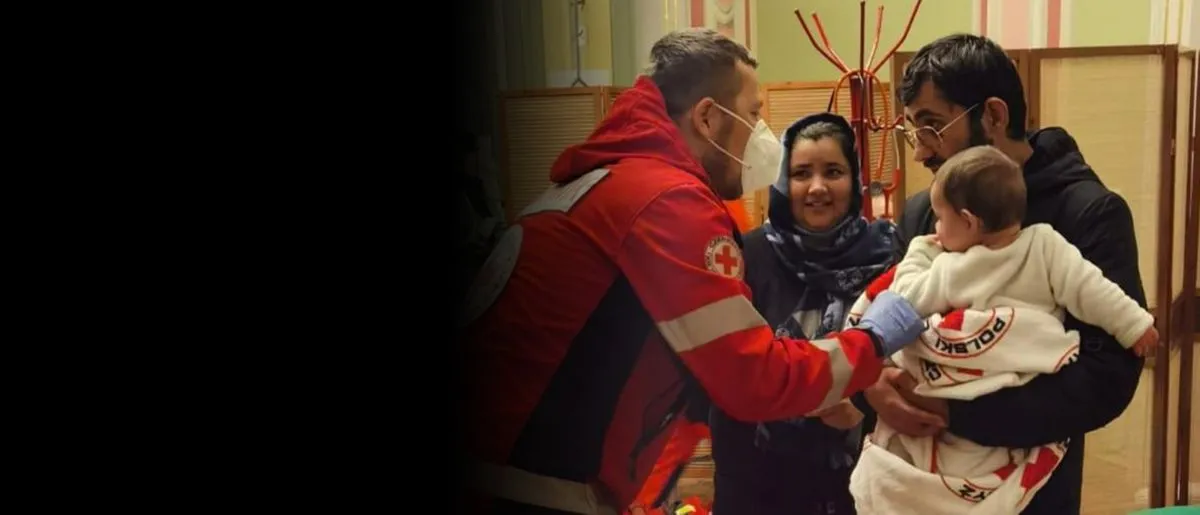Caterpillar is cutting its production in Russia due to the Ukraine crisis.
By MJ Woof
March 11, 2022
Read time: 2 mins

Caterpillar says it is suspending operations at its Russian manufacturing facilities due to the Ukraine crisis. The firm says that operations in Russia have become increasingly challenging, including supply chain disruptions and sanctions. The company says that it is are complying with all applicable laws and evolving sanctions, while remaining focused on its employees, dealers and customers.
“We are deeply saddened by the tragic events continuing to occur in Ukraine and hope for a peaceful resolution to the crisis," said Caterpillar chairman and CEO Jim Umpleby. "Through the Caterpillar Foundation's platform, we are responding to the urgent humanitarian needs in Ukraine and its neighbouring countries. I am proud of the generosity of our employees to support these critical efforts."
The Caterpillar Foundation, the philanthropic organisation of Caterpillar Inc. (NYSE: CAT), is donating more than US$1 million to support both urgent and long-term needs of the Ukraine humanitarian crisis.
This donation supports these organisations: American Red Cross to support the global Red Cross network response to the Ukraine Humanitarian Crisis, Project Hope, and the Center for Disaster Philanthropy. Donations will help support relief efforts such as water, food, clothing, hygiene sets, blankets, fuel for heating, medical supplies and housing support in Ukraine and surrounding countries.
“As the fighting intensifies in Ukraine, so does the dire situation for impacted families,” said Gail McGovern, president and CEO of the American Red Cross. “We cannot thank the Caterpillar Foundation and Caterpillar employees enough for their generous contributions, enabling the global Red Cross network to provide humanitarian relief in response to the Ukraine crisis.”
To amplify the giving, the Caterpillar Foundation is also matching gifts from global Caterpillar and dealer employees as well as US retirees to the global Red Cross network in response to the Ukraine crisis through a 2:1 match. These gifts have surpassed the original match goal and will continue to remain open.
The Caterpillar Foundation also continues its long-standing support of the Annual Disaster Relief Program with the American Red Cross. This support helps ensure the Red Cross is ready to respond when needed to meet the needs of people affected by disasters and humanitarian emergencies across the US and around the world.






